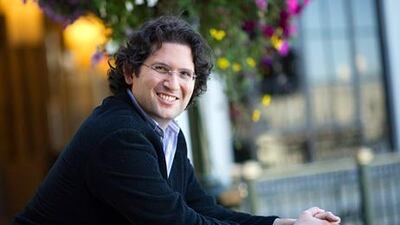As well as formulating a theory about "venture countries", Michael Fertik has spent a lot of time considering the importance of reputation in the digital age. He is the founder of a company called Reputation.com, which helps people and businesses to manage their online reputation. His book, The Reputation Economy, is scheduled to be released next year.
What is the book's premise?
The concept is that everyone has a reputation [that can be used] as a form of currency. There is now enough information freely available on the internet that we can begin to mine it and assess it … and attach a value to it. By scoring everything, you can start to trade reputation.
Why has reputation become so important now?
Reputation is definable at a massive scale because of the internet. For the first time - maybe about five years ago - it became cheaper to store something forever than it did to erase it. Second, the cost of publishing something became nearly zero. Third, the cost of searching has become basically zero - so you can publish something, store it forever and find it forever. And then, relatedly, a fourth trend is the set of analytic tools that are now available [which] hasn't really yet reached the public consciousness [but] that will have a massive impact.
What accounts for your preoccupation with reputation?
We've all been opted into the machine without our knowing it - the internet. Data is being collected without our knowledge by people we can't identify for purposes we don't know. The data [may not represent] what we intended when we developed it or be the best version of ourselves. All this is subject to very substantial mishandling by anonymous third parties. I felt really bad about that and wanted to do something about it. You've got to put up or shut up. I couldn't just keep talking about it.
Would you say online reputational assaults are becoming increasingly difficult to handle?
Until about two-and-a-half years ago, I used to say you could have a hand in your own reputation online [but] the problem has become too complicated technically.
I understand there are some things every business should do to protect its online reputation.
Yes. One: you should have a media presence and it should be populated. Your social media presence first and foremost should be closely aligned with the brand. So if you have a car distributorship in the UAE, the Twitter handle should be the name of the distributorship and not some pop star's name. Two: you should have digital real estate. If you are not listed, make sure you are listed. Three: you should have some kind of narrative feature like a Tumblr or blog and you should have it populated. Once a week or once every two weeks is enough. It should be multimedia - not just text but also a photo. But this is absolutely not enough. Now you need professional help.

